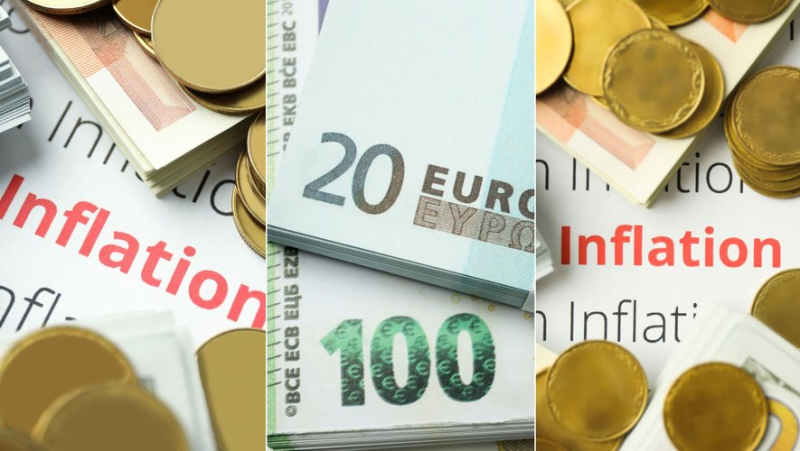Why and how the euro zone economy jumped in the first quarter of 2024 after eighteen difficult months

Même lente, la reprise est actée dans la zone euro. – Envato Elements
Le PIB des 20 pays partageant l’euro a progressé de 0,3 % de janvier à mars par rapport aux trois mois précédents, après six trimestres consécutifs d’activité stagnante ou en repli.
What is the state of the eurozone economy a few weeks before the European elections? An observation becomes clear when we focuses on the main countries comprising it: it thus rebounded in the first quarter of 2024, after a slight recession, thanks to an improvement observed in the major economies of the bloc. And this while inflation has stabilized, reinforcing expectations of a first rate cut by the European Central Bank (ECB) in June.
The GDP of the 20 countries sharing the euro increased by 0.3% in January-March compared to the previous three months, after a decline of 0.1% in the fourth quarter – a revised figure for stagnation which implies a technical recession in the second half of 2023. Eurozone GDP fell by 0.1% in the third quarter.
0.4% growth in Eurozone GDP over one year
Over one year, GDP growth in the euro zone stood at 0.4%, after showing an increase of 0.1% in the fourth quarter.
Economists polled by Reuters forecast an average increase of 0.2% over the quarter and over one year.
These figures are consistent with the consensus of a slow recovery in activity in the euro zone, which has experienced six consecutive quarters of stagnant or declining activity.< /p>
Inflation stagnates in the eurozone
Eurozone inflation stagnated at 2.4% in April, according to preliminary data published by Eurostat, but the underlying price indicator continued to rise decline, encouraging operators to bet on a rate cut from the European Central Bank in June.
In detail, the figures published by Eurostat showed that activity had progressed at a pace at least equal to that of the fourth quarter in the 10 countries for which the agency compiles preliminary data.
In Germany, "the worst is over"
In Germany, the economy grew by 0.2% in the first quarter compared to the previous quarter, supported by exports and the construction sector. The figures for the fourth quarter were nevertheless revised downwards.
"The worst is over", estimates UniCredit, which adds that trade and the decline in l&rsquo ;inflation will allow modest growth in the German economy over the coming quarters.
Resumption in France
The French economy grew by 0.2% in the first quarter, supported by the recovery in consumer spending and business investment.
"To all those who want to believe that our economy is at a standstill: the facts are stubborn. French growth is progressing", posted on X the Minister of Economy and Finance, Bruno Le Maire.
The French government had been criticized for having revised downwards its growth forecasts for 2024 deemed too optimistic in February.
Growth on the rise in Italy, Spain and Portugal
Italy posted growth of 0.3% in the first quarter compared to the previous three months, a stronger result than expected after 0.1% growth in the fourth quarter. The published figures do not detail which sectors supported the country's growth.
The Spanish economy grew by 0.7% quarter-on-quarter, as in the previous quarter, thanks to an increase in investment and private consumption.
Finally, Portugal's GDP grew by 0.7% in the first quarter, as in the previous quarter, the slowdown in investment and consumption having limited the growth rate. economic expansion.




